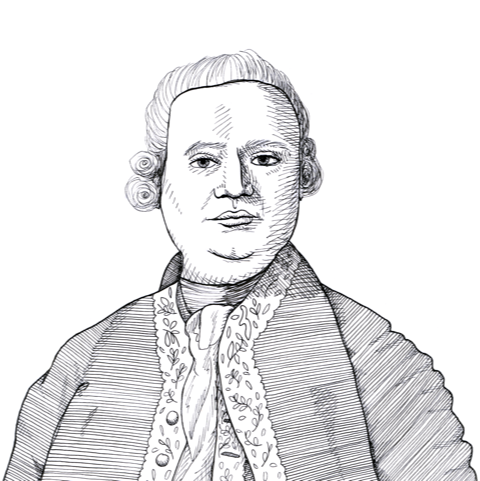
David Hume ponders why the many can be governed so easily by the few and concludes that both force and opinion play a role (1777)
Found in: Essays Moral, Political, Literary (LF ed.)
In a collection of brilliant essays ranging over a number of disciplines, David Hume reflects on the key aspect of the state - why people obey:
Origin of Government
Nothing appears more surprizing to those, who consider human affairs with a philosophical eye, than the easiness with which the many are governed by the few; and the implicit submission, with which men resign their own sentiments and passions to those of their rulers. When we enquire by what means this wonder is effected, we shall find, that, as Force is always on the side of the governed, the governors have nothing to support them but opinion. It is therefore, on opinion only that government is founded; and this maxim extends to the most despotic and most military governments, as well as to the most free and most popular. The soldan of Egypt, or the emperor of Rome, might drive his harmless subjects, like brute beasts, against their sentiments and inclination: But he must, at least, have led his mamalukes, or prætorian bands, like men, by their opinion.